Oxford Study Highlights Environmental and Health Advantages of Switching to Plant-Based Foods
Dec 18, 2024Explore the environmental and health benefits of transitioning to a plant-based diet, backed by Oxford studies. Learn how plant-based eating reduces the risk of chronic diseases, aids in weight management, and helps protect the environment by lowering greenhouse gas emissions and resource use.
Oxford Study Highlights Environmental and Health Advantages of Switching to Plant-Based Foods.
Multiple studies from the University of Oxford and other institutions strongly support the benefits of shifting towards plant-based diets for both human health and the environment. Let's examine the key findings:
Health Benefits:
-
Reduced Risk of Chronic Diseases: Studies like the EPIC-Oxford study show vegetarians have a lower risk of ischemic heart disease, diabetes, diverticular disease, kidney stones, and cataracts compared to meat-eaters. While vegans show similar benefits for some conditions (diabetes, diverticular disease, cataracts), data is insufficient for others. However, vegetarians show a higher risk of stroke (especially hemorrhagic stroke) and bone fractures. Vegans also exhibit a higher risk of fractures.
-
Improved Physiological Markers: Vegetarians and vegans typically have lower body mass index (BMI), serum low-density lipoprotein (LDL) cholesterol, and blood pressure than meat-eaters. However, they also tend to have lower bone mineral density.
-
Weight Management: A meta-analysis of clinical trials shows that plant-based diets are associated with significant weight loss, particularly in individuals with type 2 diabetes.
-
Lower All-Cause Mortality: While not consistently significant across all studies, some research suggests that plant-based diets are associated with similar or slightly lower all-cause mortality rates compared to meat-eaters.
Environmental Benefits:
-
Reduced Greenhouse Gas Emissions: Shifting to plant-based diets can significantly reduce greenhouse gas emissions associated with food production. One study estimates a reduction of up to 73%, depending on location.
-
Lower Land and Water Usage: Plant-based diets require considerably less land and water resources compared to diets high in animal products. A vegan diet, for example, can reduce land usage by 75% and water use by 54%.
-
Biodiversity Protection: Plant-based diets contribute to the preservation of biodiversity by reducing the demand for land used in animal agriculture.
Important Considerations:
-
Nutrient Deficiencies: Vegans, in particular, are at risk of deficiencies in certain micronutrients (vitamin B12, vitamin D, calcium, iron, etc.) if their diets are not carefully planned. Supplementation and fortification may be necessary.
-
Food Accessibility and Affordability: The cost and availability of plant-based foods can be barriers, particularly in low-income countries.
-
Cultural Acceptability: Dietary habits and preferences vary across cultures, and the transition to plant-based diets may require culturally sensitive approaches.

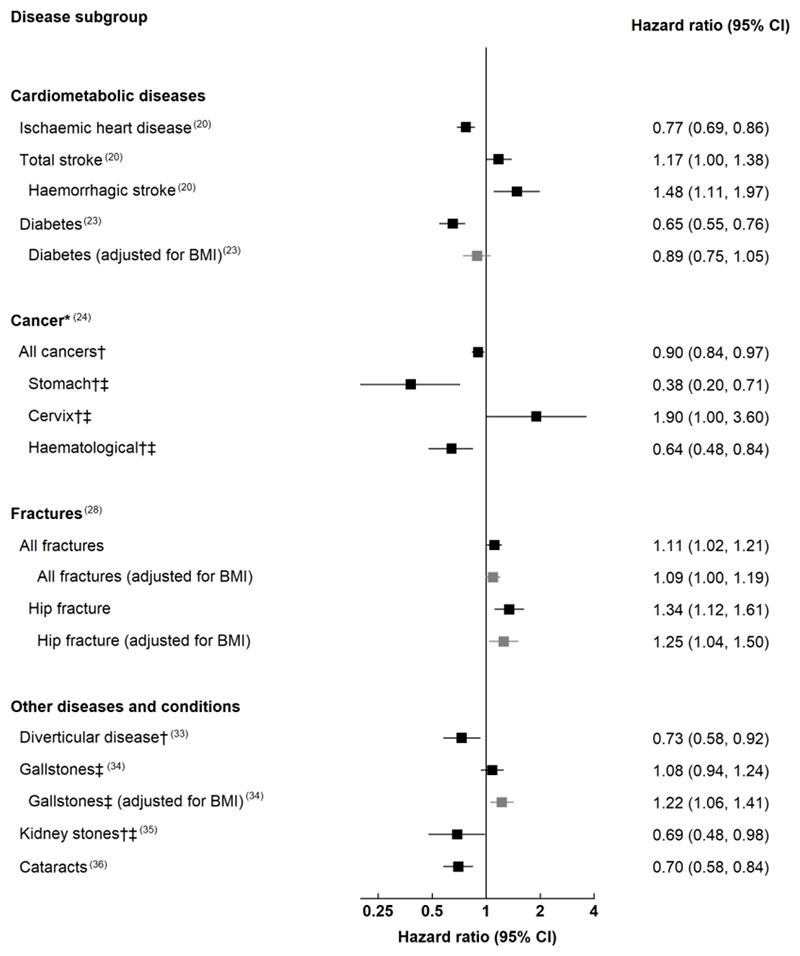
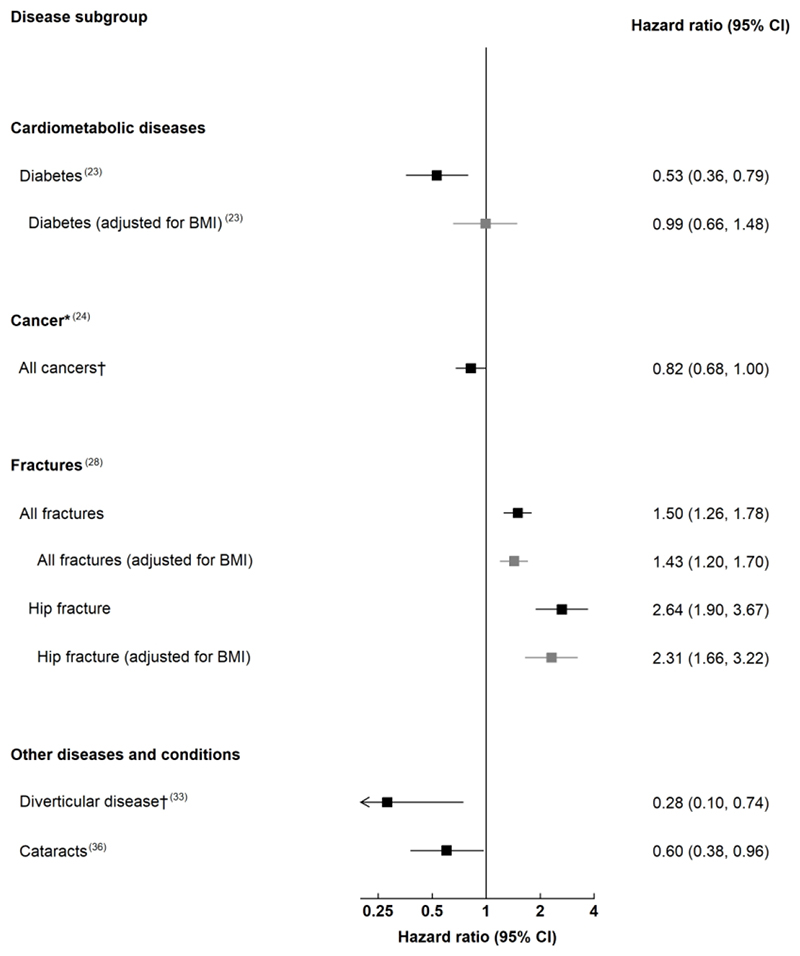
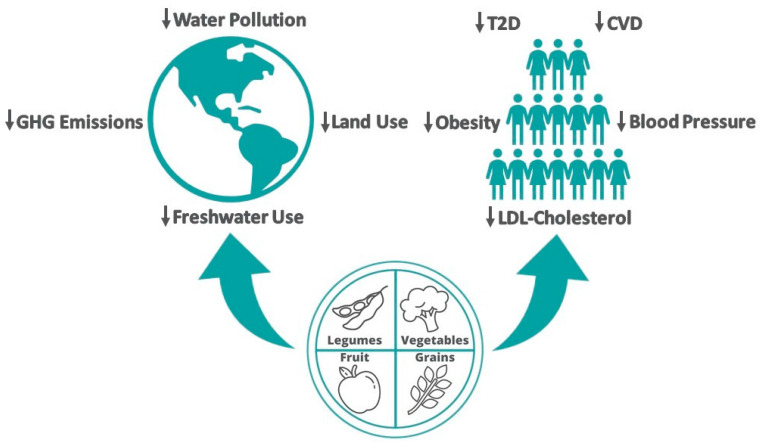
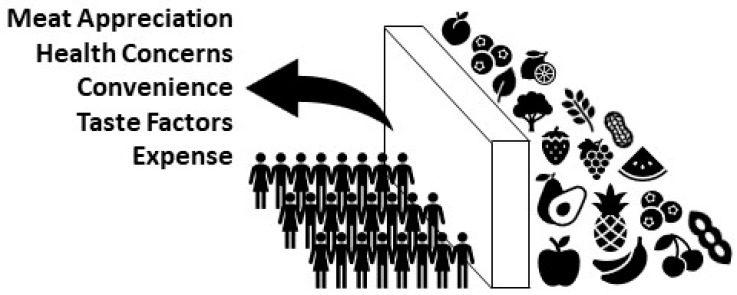
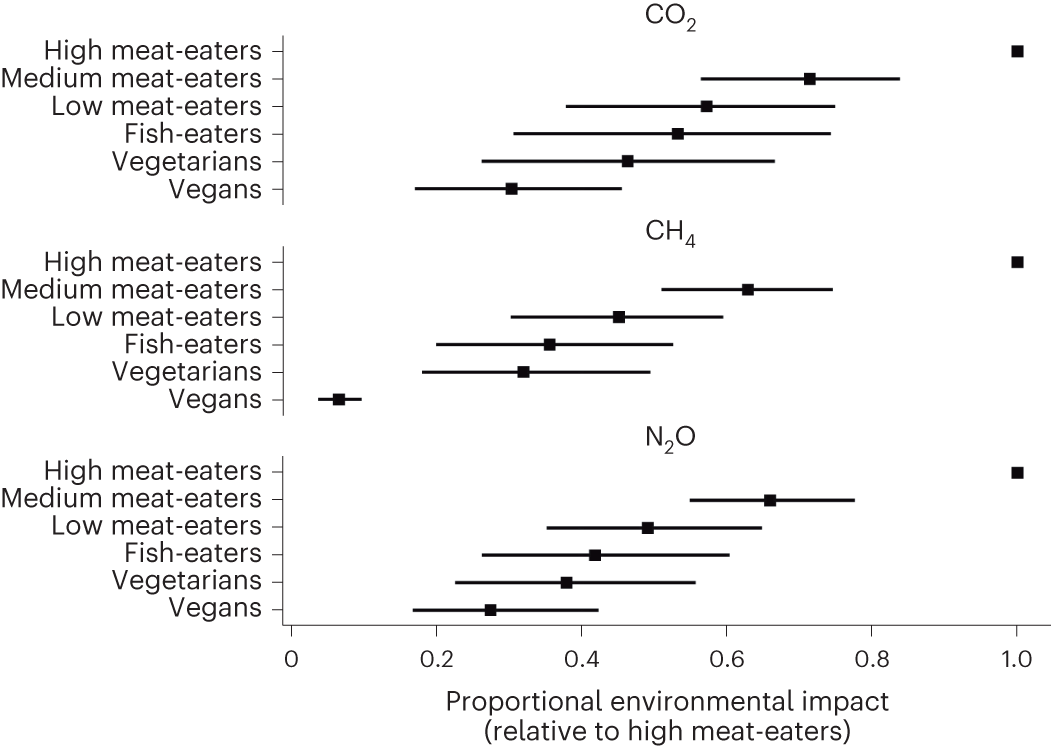
Jan 21, 2025
Explore the pros and cons of a plant-based diet, including health benefits, potential challenges, and tips for successful implementation. Learn about vegetarian, vegan, and flexitarian approaches.
Jan 20, 2025
Explore the latest research on plant-based diets and their powerful health benefits, including disease prevention, heart health, diabetes management, and cancer risk reduction.
Jan 16, 2025
Explore the nutritional landscape of processed fake meat, comparing them to traditional meat and whole plant foods. Learn about ingredients, health impacts, and making informed choices.